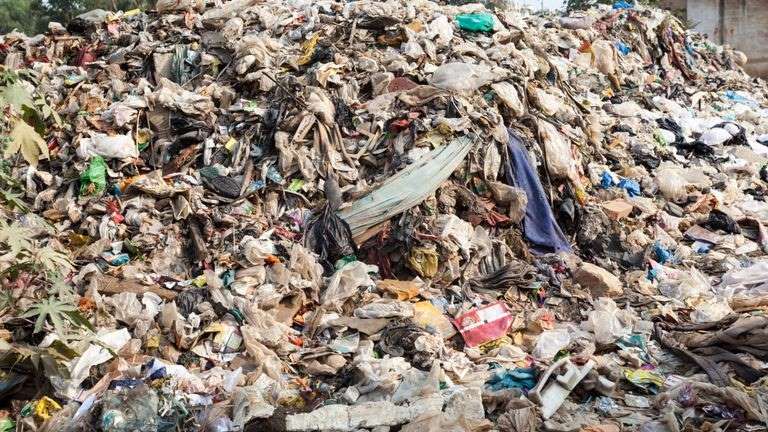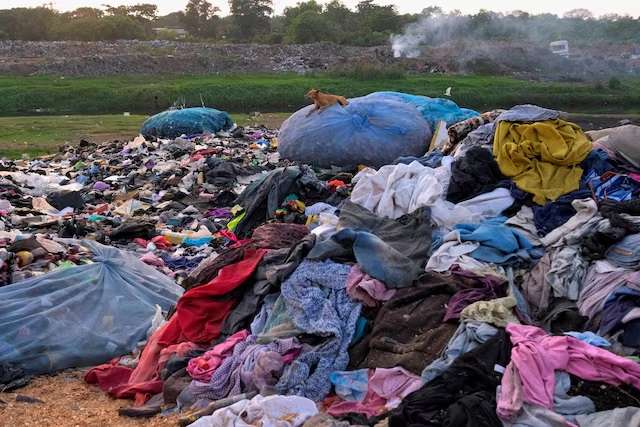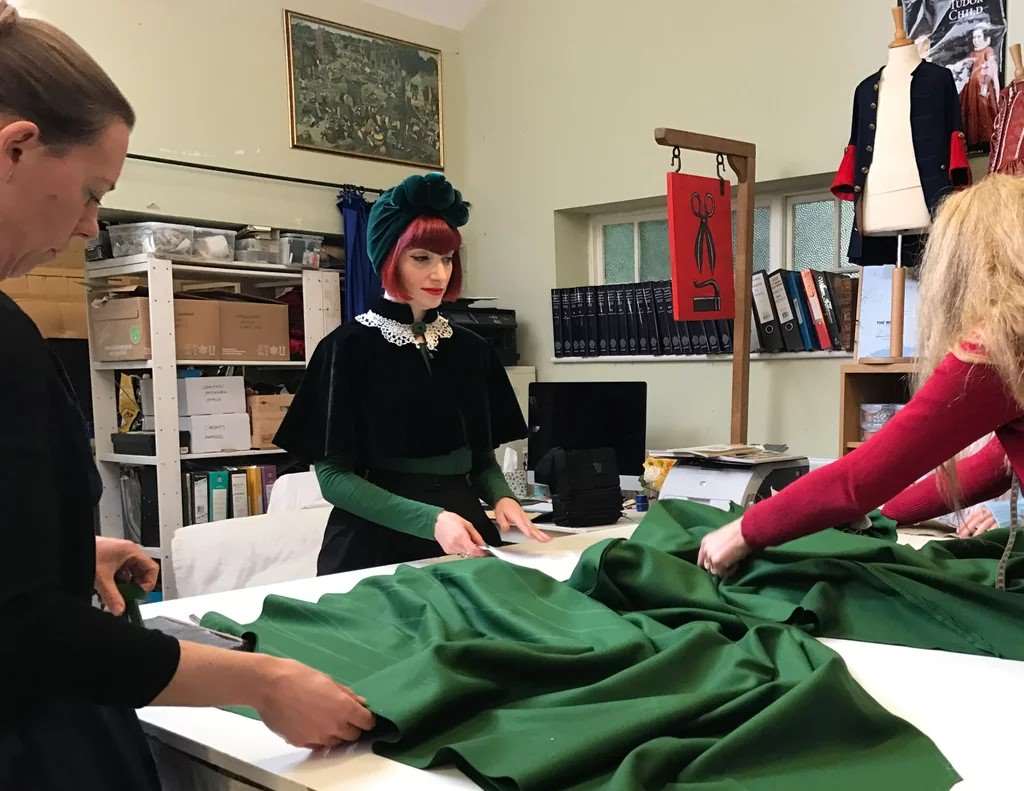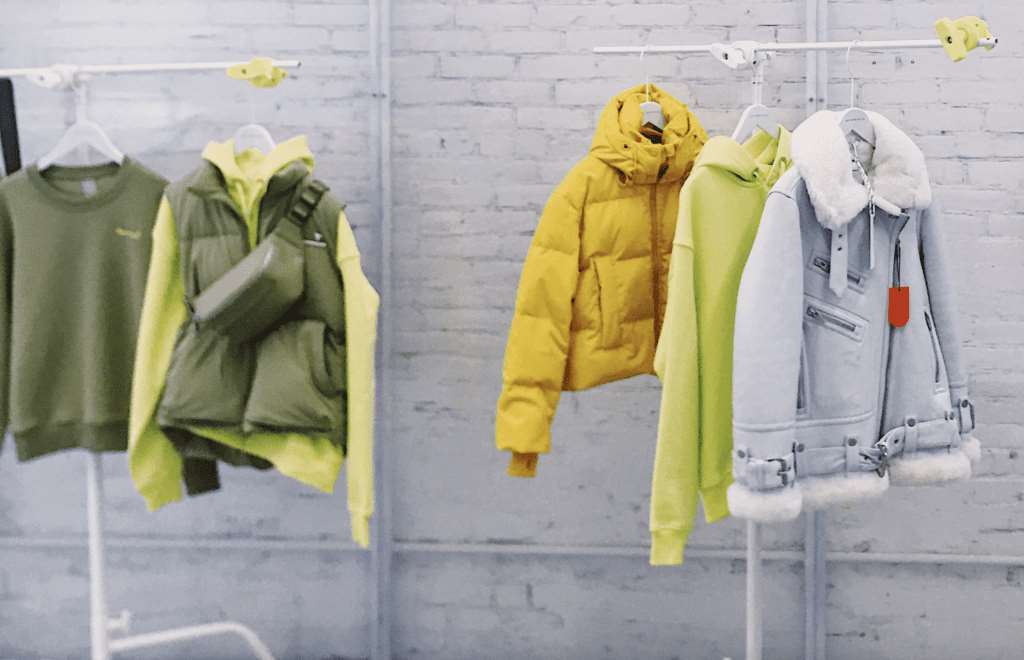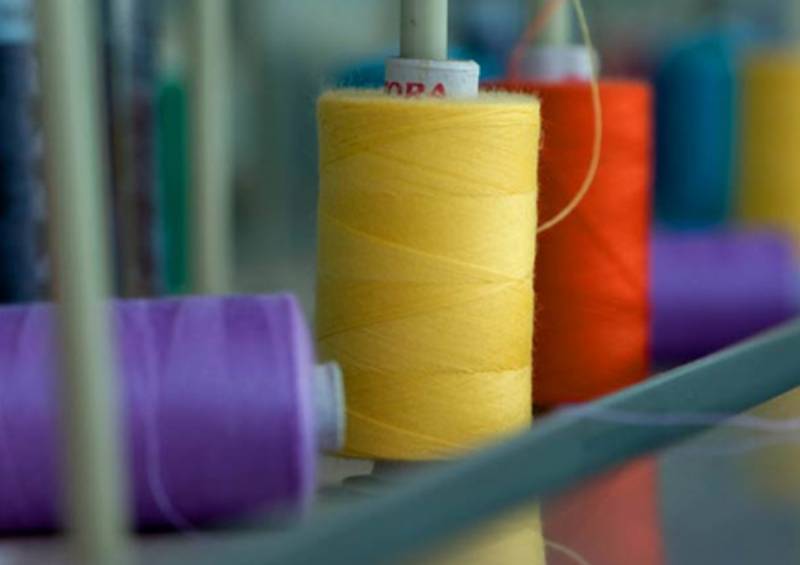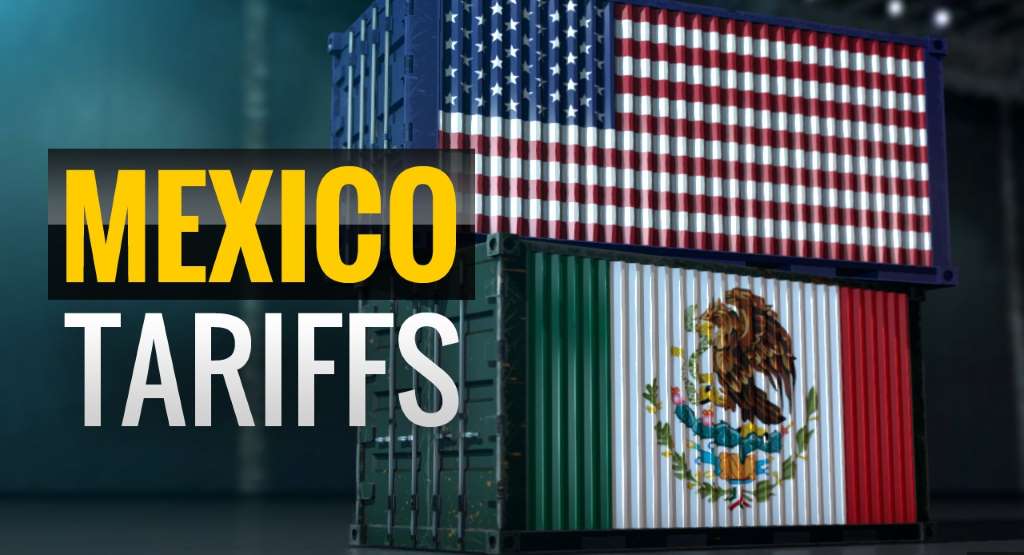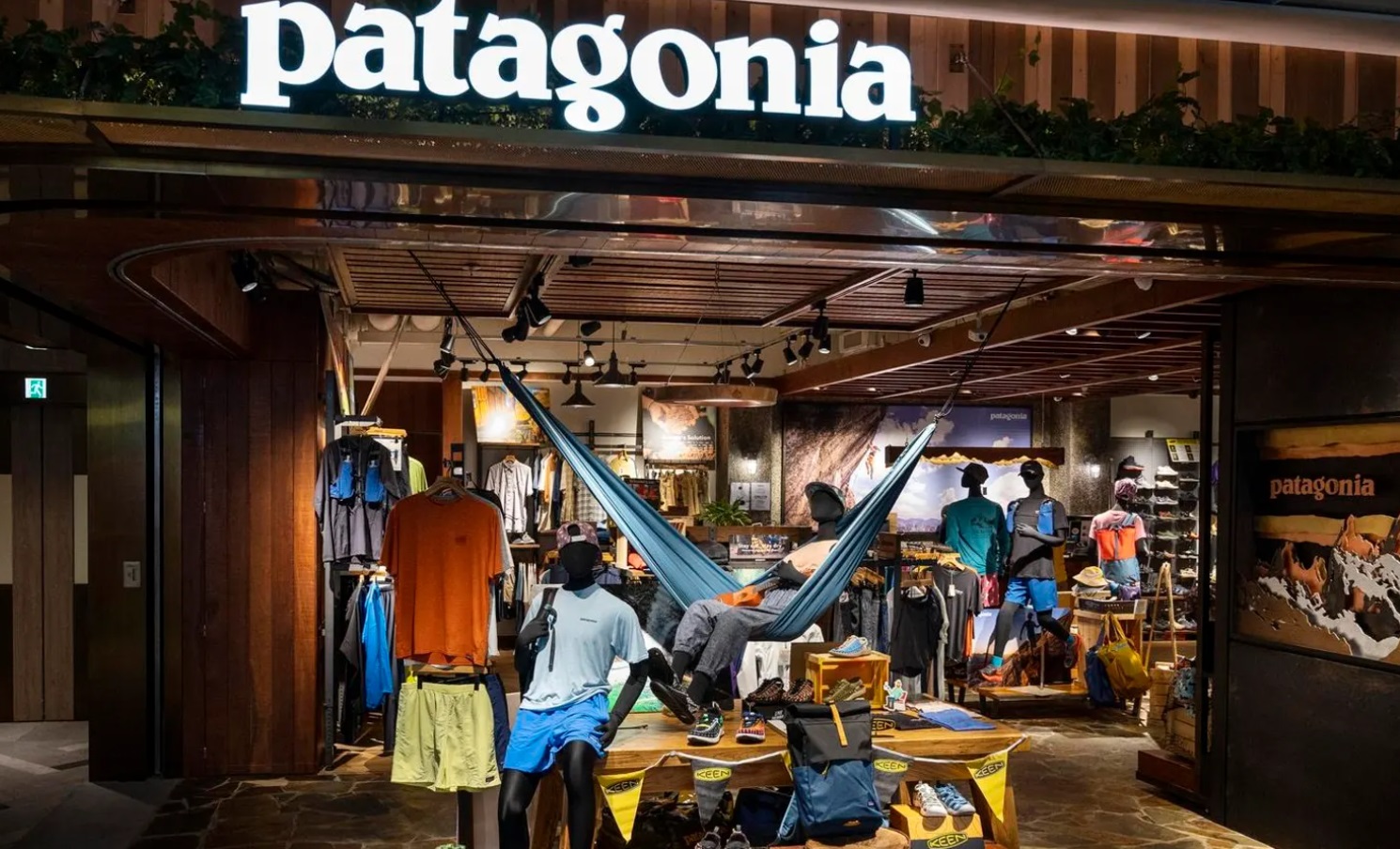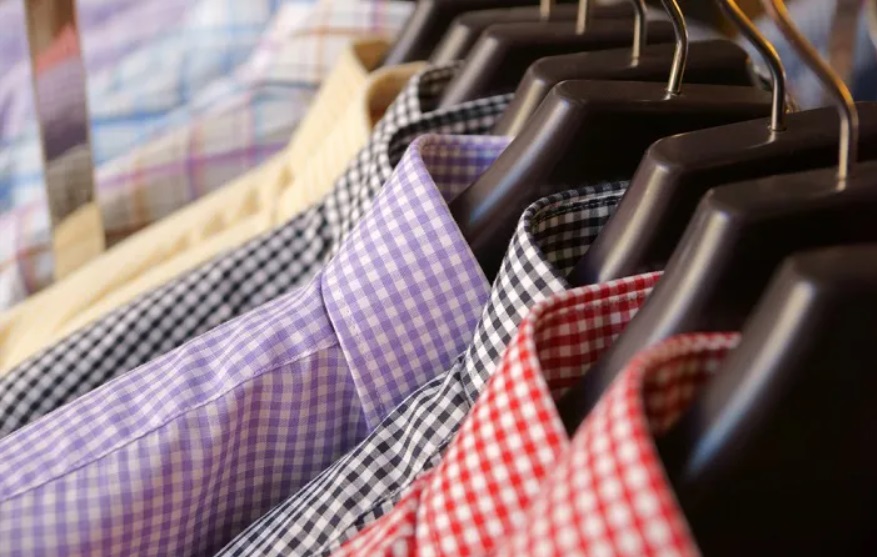FW

Biggest supplier of recycled products in Asia

Abbas says, Artistic Milliners is one of the biggest suppliers of recycled products in Asia. Elaborating, he says, “We source garments from nominated sources, from Europe or India, shred and turn them into yarn again. From that yarn we make recycled products. We recycle denim, we recycle knits. Recycled products are a bit expensive because we add extra processes. These products are then marketed by the European brands and they promote them as recycled products under some brand name. H&M is our largest consumer for these products. So H&M’s Close Look denim is a 100 per cent recycled product. We do blends of organic cotton with recycled cotton or recycled polyester.”
Pakistan is known for denim and non-denim fabrics and the players here concentrate on a narrower range. “Most industries sell basic products. Globally denim business is growing. Denim as a product is growing. We keep participating in various trade fairs such as Denim Playground, Premiere Vision, Kingpins New York and Amsterdam with our denim range,” Abbas exclaims.
Patent holder of Cordura denim fabric
Cordura fabrics is specially used for biker and sports denim. The company also produces thermolite fabrics and knitted products. “We do dobby weaves, lightweight and heavy weight denim. We do stretch selvedge in different colours. Some brands use the full fabric. Some brands use part of the fabric for patches. We supply denim fabric to them as per their requirement,” states Abbas.
The company uses nylon fibre since it has tear and stretch properties. It is a 20 per cent nylon blend with cotton. It also produces different weaves like twill weaves and fabric is of different weights. The price of this patented product is up to five dollars a yard and it is consumed mainly in the countries that experience cold climate. Artistic Milliners produces 30,000 meters of Cordura fabric a month.“We make water repellent products with special finishes. We also have suede and fire retardant products. We add tencel to denim. Dobby weaves give a knitted look. We are not actually into circular knits but into looms. We supply to brands like H&M, Levis, Esprit, Inditex, Zara,” avers Abbas.
www.artisticmilliners.com
The Textile Association (India), Delhi Unit, recently organised the ‘National Textile Conference 2015’ based on the theme of ‘Make in India: Destination Textiles’.
The two day conference witnessed a healthy mix of presentations and panel discussions involving renowned textile sector stakeholders of the country. The key topics included facilitating investment, fostering innovation, enhancing skill development, protecting intellectual property and building best-in-class manufacturing infrastructure which is the underlying aim of ‘Make in India’ campaign.
Several industry veterans were honoured during the event. While Sanjay Jain, MD, TT received an award on behalf of RC Jain, Founder Chairman of TT Group for his unparalleled service to the textile industry as an entrepreneur, SK Khandelia, President, Sutlej Textiles & Industries was honoured for his contribution to the textile industry; RP Soni, Founder, Sangam India for social service; JP Saria, Chairman of Spintex Group of Companies for his selfless service to the Textile Association and Balwant Rai Bhatnagar for promoting textile education in the country.
The discussions revolved around India's manufacturing competitiveness in terms of raw material availability, manpower resources, technology and infrastructure and key growth constraints. ‘Synthetic Textile: Key to Increase Global Textile Share’ was the prime subject that got the delegates engaged into a healthy debate. Experts like Pankaj Kapoor, MD, PARK Nonwoven, and Ex-President, Haryana Chamber of Commerce and Industry, VK Ladia, CMD, Shree Rajasthan Syntex, Udaipur and Past Chairman, CITI/ SRTEPC, Anant Kishore, ED and CEO, Indo Rama Synthetics and Prashant Agarwal, Partner, Wazir Advisors shared their thoughts on the subject.
The conference also saw industry veterans such as R Dhamotharan, VP and Head (Buying & Merchandising), ITC, Manish Maheshwari, Head/VP, Seller Ecosystem, Flipkart, Rohit Bhatiani, Director, Deloitte Touche Tohmatsu India, Sonal Jain, VP, Lotto, and Sanjiv Mehan, Head-Production, Ritu Kumar discuss about ‘India’s Multibillion Dollar Domestic Market Opportunity’. Baqar Naqvi, Business Director, Wazir Advisors moderated this session. Facilitation of investment in India was one of the key objectives of the conference. The focus was on ways to foster investment in the sector and importance of partnership to bring investment as well as technical know-how.
www.textileassociationindia.org
For July 2016 session Eurovet is moving to Mode City and Interfilière to Lyon. Reason: Finals of the Euro 2016 is scheduled for July 10 in Paris and obvious ensuing restrictions placed on the logistics and organisation of trade fairs.
Most exhibitors and Eurovet wanted to facilitate matters and service for their clients. Thus, the decision where the two leading shows in the world of summer intimates and beachwear will be moving back to the city of Lyon next year; it here that they originated. Several visitors and exhibitors were consulted after seeing the impact of such a large-scale event on hotel occupancy, airlines and taxis, and the considerable rise in prices already observed in accommodation near the Porte de Versailles exhibition park where journalists from the Euro Press Centre would be staying.
In 2008, the shows moved to Paris from Lyon and meanwhile Lyon increased its hotel capacity and accessibility. Lyon is a centre for textiles, arts and culture, hosting well-known international events such as the Biennale de la Danse and the Light Festival and is ideally located as a European hub, linked by roads to many nearby countries such as Germany, Austria, Switzerland, Italy, and Spain. Besides, there are museums with futuristic architecture such as the Musée des Confluences. This acts as an inspiration for designers and buyers from across the globe. Moreover, the Eurovet staff s well-acquainted with Lyon having long organised Mode City and Interfilière there, and continue to organise Sport Achats.
Lyon also has support from the Eurexpo Exhibition Park, the Greater Lyon City Council, and local stakeholders in business tourism and even the global intimates and beachwear community is used to the city.
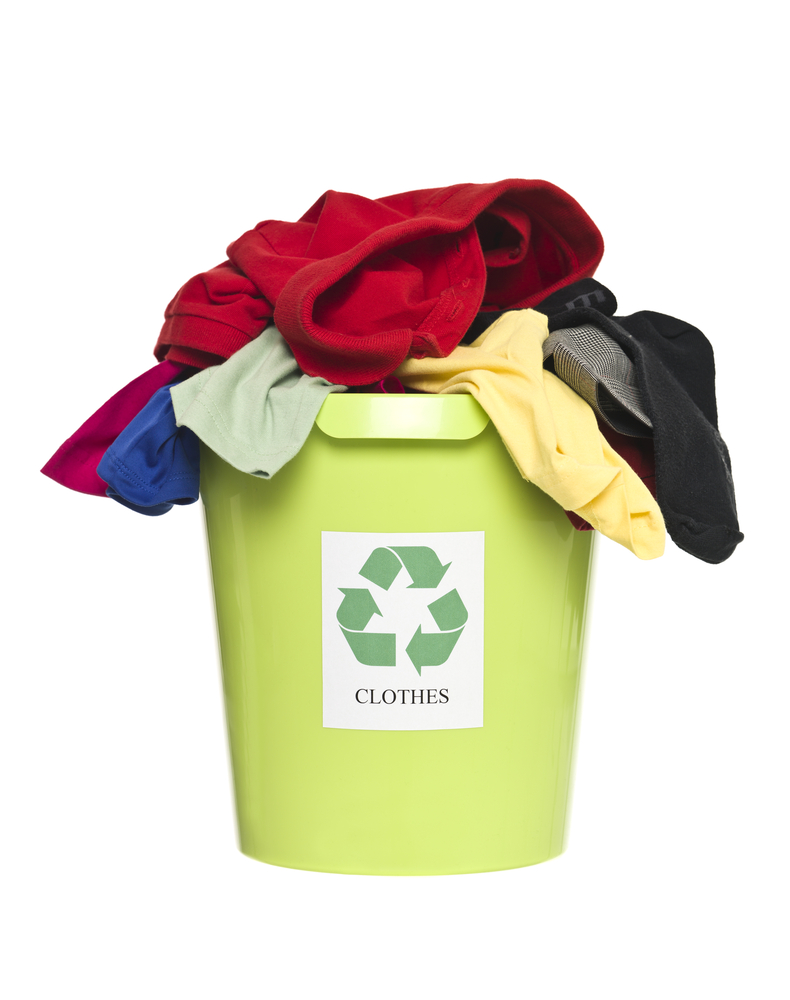
Re-use and recycle
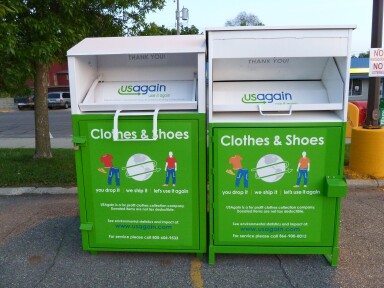
Many US-based apparel companies have jumped into the fray and optedRecycling 3 for recycling old clothes. As Ira Baseman, Owner of Community Recycling points out, unlike glass, paper, aluminium and cardboard, there’s a personal contact with their clothing and footwear, so, with re-use, the piece of clothing or pair of shoes can have an extended life. Los Angeles-based Reformation and Baseman’s company together launched a programme called RefRecycling where one can get free shipping labels, pack up the clothing items no longer wanted and send them away for free. Reformation runs the first sustainable sewing factory in the US.
In fact, top brands such as H&M and American Eagle Outfitters are collecting used clothes and recycling them either through donations to thrift stores or breaking down the garments to be remade into new clothes or other products. According to Reformation and Community Recycling, each year, only 15 percent clothes, shoes and accessories are recycled. The remaining 85 per cent, or 10.5 million tons, end up in landfills.
Yael Aflalo, Founder of Reformation says they are always trying to think of new ways of becoming a more sustainable company and with RefRecycling they can also help their customers to be more sustainable. Ensuring that the clothes people buy are made sustainably is a priority for them however, it's also important to help them with garment care and what to do with their old clothes when they're over them—and to make that as easy as it possibly can be.
The box comes with a free shipping label so you can send back items you want to recycle, when you buy from Reformation. Americans throw away 68 pounds of clothing and textiles per person say experts, each year, though all of it could be reused or recycled. Agreeing with Aflalo, Baseman says awareness needs to be raised about what to do with unwanted clothing, shoes and accessories because they are wanted items whether they will be worn by someone else or used to create something new. Thus, she says, every donation helps.
Affordable homes through clothes
Since January last year, US-based I:Collect has been gathering clothes and shoes for reuse. American Eagle Outfitters launched a program in April for Earth Day to recycle used and unwanted denim into building materials for affordable homes for Make It Right together with I:Co. Founded by actor Brad Pitt, the charity builds sustainable, affordable homes, buildings and communities for people in need. Thousands of recycled denim was collected by American Eagle Outfitters to insulate 34 homes.
Helga Ying, American Eagle Outfitters Vice-President of external engagement and social responsibility opines the partnership underscored their commitment to eliminate waste and preserve vital resources, while enabling their customers to become involved in their sustainability efforts and to truly close the loop on the textile waste cycle.
Cesar Rodriguez, Make It Right's products director feels the jeans will provide safe, sustainable installation, which is an important part of Make It Right's high-performance, solar-powered homes.
There are others too who are committed to the cause such as Neiman Marcus, whose Real Real, a consignment website lets customers turn in designer items, which weren't even purchased at the store. In turn they get paid in Neiman Marcus gift cards and earn an extra 10 percent.
Experts say recycling and reuse of clothing is on the rise as more brands are launching take-back programs, and consumers now are asking companies to be responsible for the entire life of the products they manufacture.
Karl Mayer created a mini storm at ITMA 2015. Stand C101 in Hall 5 turned out to be the meeting point of the entire warp-knitting and warp-preparation branch par excellence with a lively hustle-bustle at the stand. Oliver Mathews, Sales Vice President of the Warp Knitting Business Unit said that the first two days of the exhibition exceeded all expectations not just in terms of visitor frequency, but also in terms of high quality of the talks. His positive summary was confirmed by the Karl Mayer Business Units Warp Preparation and Technical Textiles.
Until November 14, the Karl Mayer team had approximately 670 qualified customer conversations. The clients came from 38 countries and the leading countries of origin of the exhibitors were India, China, Turkey, and Italy.
The new tricot machines presented by Karl Mayer interested visitors a lot. The HKS 4-M EL deeply impressed the public by its flexibility during pattern change made possible by the EL equipment and the HKS 2-SE machine was very convincing, especially by its Low Energy Option (LEO). Crowds are flocking to the Warp Preparation unit and the new all round sectional warper PRO WARP and the extra-wide MULTI-MATIC MM 128/3.600 is grabbing eyeballs.
Besides, Karl Mayer’s new WEFTTRONIC HKS for the production of semi-technical articles of completely new style was also a hot topic of several discussions.
Taiwanese textile machinery industry’s unique topics are technology, sustainability, and innovation, which were discussed during the international press conference ‘Dress the Future’, organised by the Taiwan External Trade Development Council (TAITRA) during ITMA 2015. Five Taiwanese companies, PaiLung, A K Dyeing Machine, ACME, Jen Haur, and CCI Tech came together at the event to strengthen their global reputation and exhibit leading products in Italy. Italy is the fourth largest market for Taiwanese textile machinery exports and represents one of the most strategic markets for Taiwanese exports in the textile industry.
From an agricultural economy, Taiwan has transformed to one of most technologically advanced countries not only in Asia, but across the world, in just 50 years. In terms of innovation Taiwan ranked eighth as per the World Economic Forum’s Global Competitiveness Report 2013-2014. It was also the top country globally in terms of the state of its cluster development. A major part of Taiwan’s success can be attributed to the machinery industry’s success of positioning themselves as key players in the international market. This can be seen in the country’s exports figures, which have risen 2.9 percent, from $3.41 billion last year to $3.51 billion this year.
Taiwanese companies have gained a considerable market share and have allowed Taiwanese producers to increase their exports to China, the US, Japan, and Italy because of their ability to respond efficiently to the needs of the international market in terms of producing eco- sustainable products and machinery, and the mix of innovation and green technology.
Companies offer cutting edge technology of machinery for the textile and dyeing materials, along with the software used and the expertise of highly skilled engineers at B2B specialised events.
Pakistan’s value added textile exports declined 13.42 per cent in the first quarter of the current fiscal year. During the same period, overall exports of Bangladesh increased by 4.95 per cent and Vietnam’s by 9.20 per cent, whereas overall exports of China and Sri Lanka decreased negligibly by 2.50 per cent and 4.50 per cent.
Pakistan’s textile industry feels value added textile exports would plunge by approximately 20 per cent if the sales tax imposed on exports is not withdrawn. The government did not withdraw the two per cent sales tax on exports but increased the tax on exports by 50 per cent in the budget for 2015-16.
In the fiscal 2014-15, overall exports declined by around five per cent. The industry feels that if the major causes are not addressed, and if the value added textile sector is not supported, and if its grievances in terms of the cost of doing business are not evaluated in comparison with regional competing countries, Pakistan’s exports would never increase.
Pakistan Apparel Forum wants the cost of all essential utilities to be brought down to the level they are in neighboring and other competing countries, and priority to be given to export oriented industries in the supply of all utilities without interruption.
Shima Seiki has introduced innovations in its computerised flat knit technology. The flagship Mach 2XS features Shima Seiki’s original slide needle on four needle beds and offers higher efficiency and greater stability while knitting with an expanded range of patterning capability.
The SWG-N2 whole garment knitting machine offers increased color capacity as well as the capability for producing industrial textiles. SRY123 LP features loop presser beds and is capable of producing fabrics with woven textures as well as technical textiles.
The yarn unwinding option is an essential tool for industrial textile applications, providing a smooth and stable yarn feed of material that is normally difficult to feed into knitting machines, such as metallic and mono filament yarns.
The SDS-One Apex 3 system is at the core of the company’s total fashion system concept. With comprehensive support of the knit supply chain, Apex 3 integrates knit production into one smooth and efficient workflow from planning and design to machine programming, production and even sales promotion.
Virtual sampling through photo-realistic simulation minimises the need for sample making, effectively reducing time, material and cost from the sampling process. Apex 3 also supports design and simulation in various other industries such as circular knitting, weaving, pile weaving and printing.
www.shimaseiki.com/
A panel discussion ‘From Fiber to Fashion, Style to Sustainability: New Visions for Denim’, at the 17th annual New York Fashion Conference at the City University of New York’s Graduate Center, highlighted the future success of denim business and its dependence on fully embracing product innovations with cutting-edge sustainability practices. The conference’s theme this year was ‘Trailblazers’ and industry pioneers, François Girbaud, Founder and Owner, Marithé+François Girbaud, and Adriano Goldschmied, aka the Godfather of Denim presided the denim panel discussion.
One of the first to use stone and acid washing techniques on jeans as well as engraving with light Girbaud and Marithé Bachellerie later included technical innovations such as use of lasers and ozone for various denim effects. However, in retrospect, Girbaud said, it was a mistake, which resulted in the development and use of more sustainable practices and less chemicals. Now, fashion is changing for the better and people have become more environmentally aware following the Fukushima nuclear power plant explosion in 2011.
Goldie, Diesel, Replay, Gap 1969, Citizens of Humanity, AG and Goldsign, are brands by Goldschmied. Agreeing with Girbaud he said that traditional cotton approaches require a lot of water. Therefore he has incorporated use of cellulose fibres such as Tencel and Modal by Lenzing in his products. Also, he now uses Lycra for stretch denim and added that they were now looking forward to sustainable trends. He believes that the denim industry has to adapt processes that have much less impact on the environment and innovative product development is also needed; thus, technology is the real partner of innovation of the industry today.
Beaulieu Fibers International is a leading European polypropylene staple fiber supplier. The company’s industry-reference polyolefin fibers are valued in diverse market segments for ensuring top performance and more sustainable processing of lightweight nonwovens and composites. Its fiber technologies have advantages for geotextile and automotive component manufacturing.
High quality fibers play a crucial role in delivering the specifications promised by machinery manufacturers. Beaulieu’s industry-reference fiber innovations bring a different level of performance to these machines that can contribute to greater sustainability and the ability to maximise return on investment.
The company’s fiber families for each composite blend – PET, natural and mineral fiber – are individually customised and designed for processing on the specific equipment types for each processing technology, to support optimal production and yields. Each offers dimensional stability and excellent elongation capacity, not just during nonwoven production, but also during further processing steps.
The company through its Italian subsidiary also offers tailor-made hygiene fibers for improved softness and coverage. These fibers are designed to improve softness and bonding in nonwovens made for the hygiene market, but can be also used in any other application where a good bonding strength is required.
beaulieuinternationalgroup.be/

